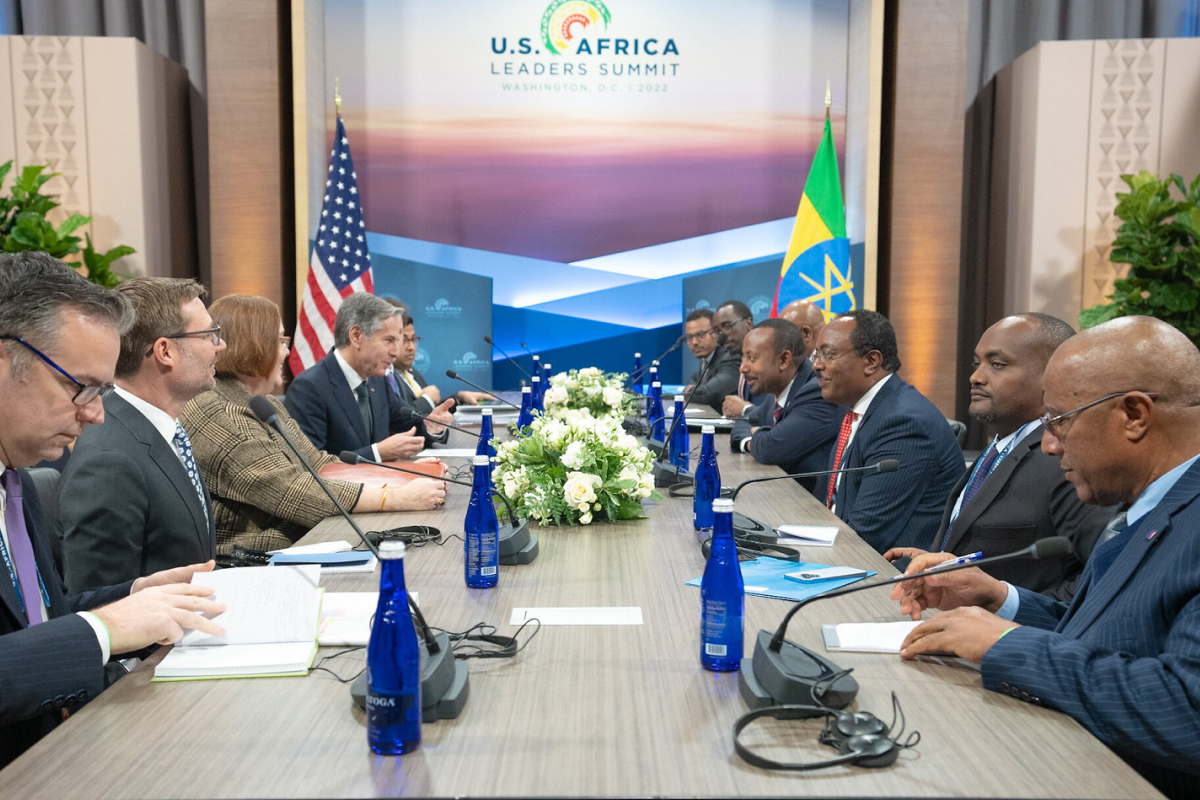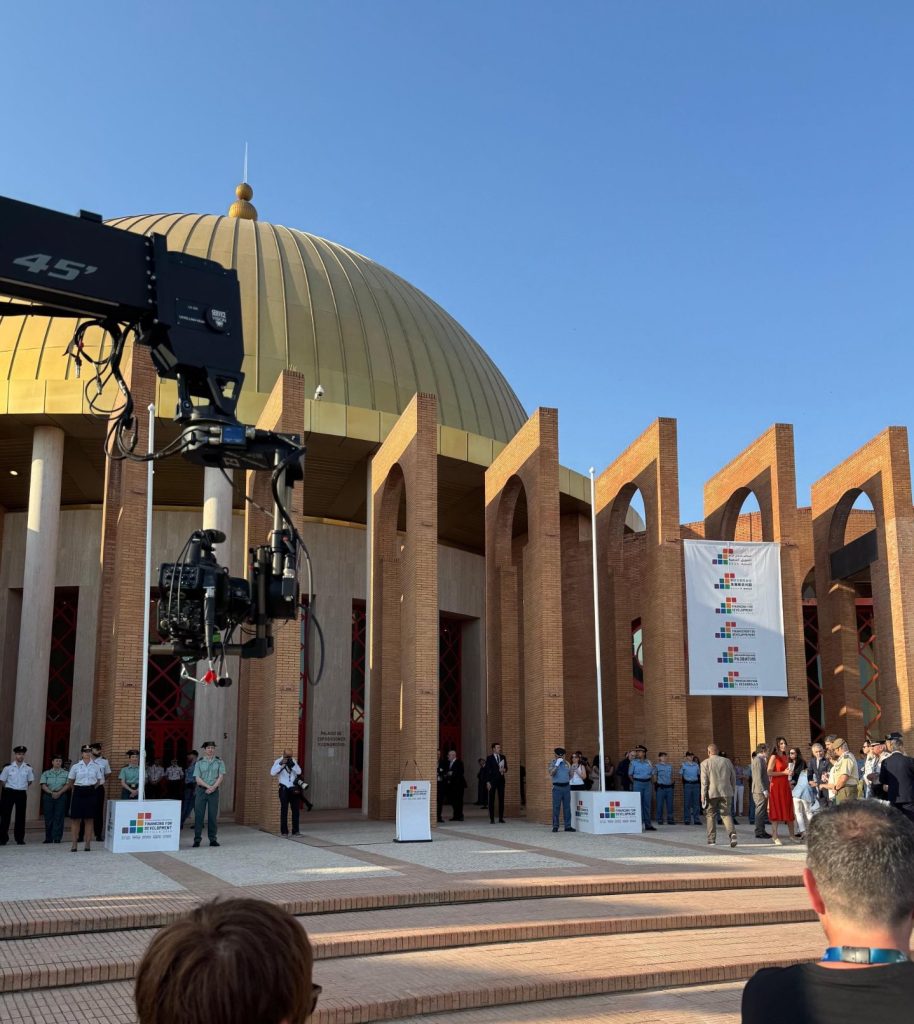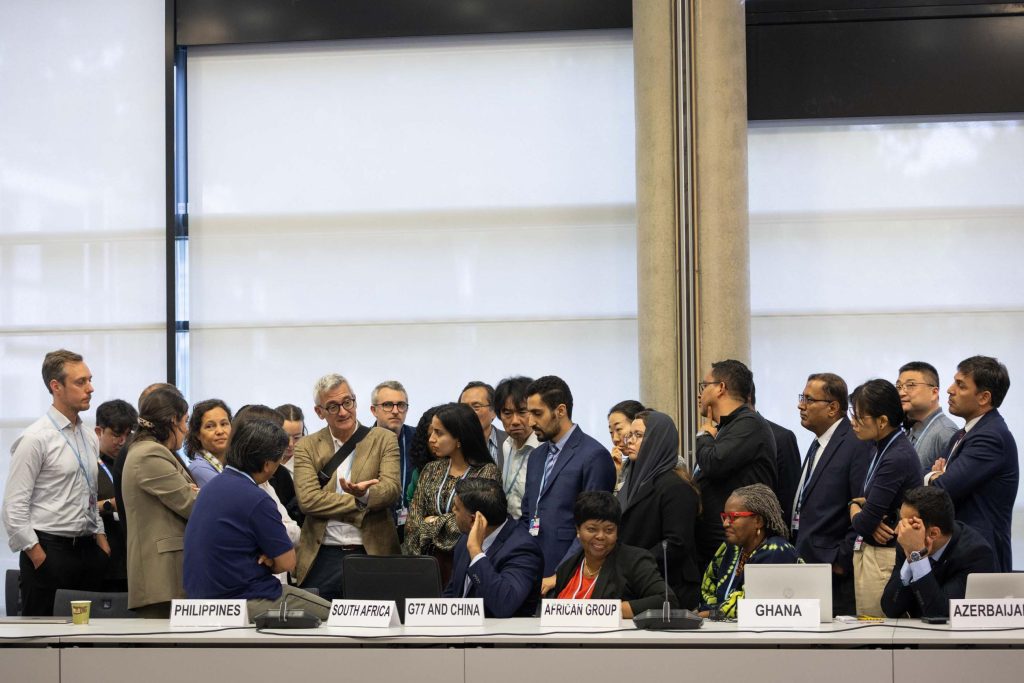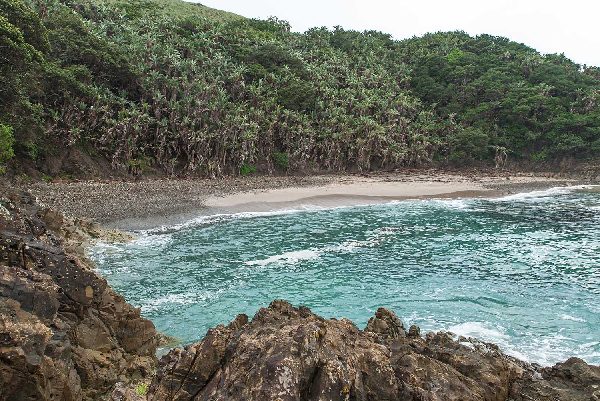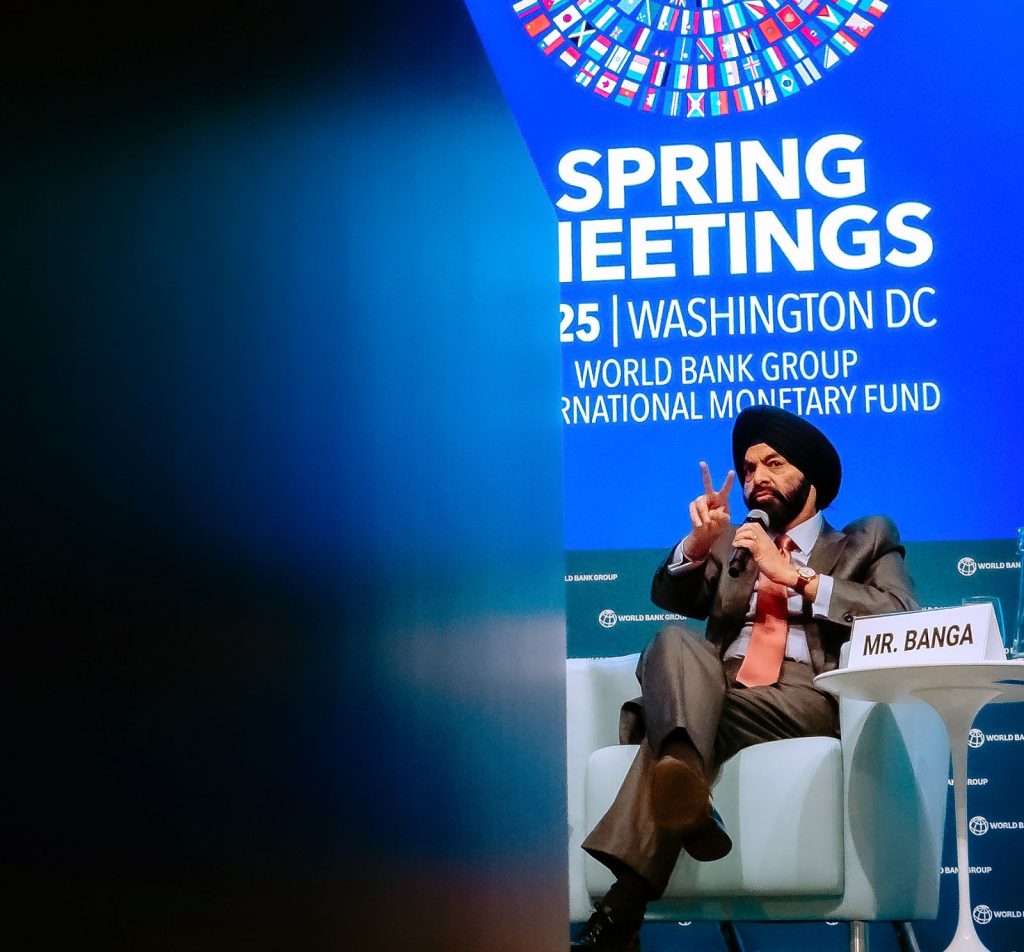During December’s second US-Africa Leaders Summit, the Biden administration confirmed its intention to invest $55 billion in Africa over the next three years, working closely with Congress. A new Special Presidential Representative for U.S.-Africa Leaders Summit, Johnnie Carson, has been appointed to oversee implementation. In addition to finance, the US intends to support Africa’s membership of the G20, something that the African Union has been seeking for some time (last year the AU was an invited guest). G20 membership is pivotal to climate multilateralism as often key decisions on climate and energy are taken at G20 summits that both inform and guide subsequent action across multiple for a such as UNFCCC COP meetings, regional forums and within the annual general meetings of global financial institutions.
The summit also confirmed previous US commitments to provide over $150 million in new funding to accelerate the President’s Emergency Plan for Adaptation and Resilience (PREPARE). It is intended for the investment to also catalyse public and private investment in clean energy infrastructure. Unsurprisingly no mention is made of loss and damage finance. The list of new climate initiatives funded by the administration includes a wide breadth of projects focused on both adaptation and low carbon energy. Some of the more unusual projects included in the list are those aimed are projects aimed at strengthening nuclear cooperation in Ghana and Kenya, and a Kenyan project to implement direct air capture using geothermal energy.
Commenting on the Summit, One.org, noted that relations between the two continents have improved since Donald Trump, and that the US has quietly continued to make major investments in Africa via development and projects. Whilst relations have improved, they pale in comparison to China’s. US-Africa trade has tripled since 2002 $64 billion, however China-Africa trade has skyrocketed US$254 billion. To remain relevant the US will need to ensure that the reshoring of clean technology manufacturing and development in America under its new Inflation Reduction Act is done in a way that does not alienate its trading partners. It will need to closely engage with Africa to ensure the continent benefits from the increased export of critical rare minerals needed for the green transition. It also needs to ensure that there are local long term benefits such as manufacturing and skills development when implementing clean tech initiatives, such as the Power Africa programme to which it has committed $100 million in FY 2023.

